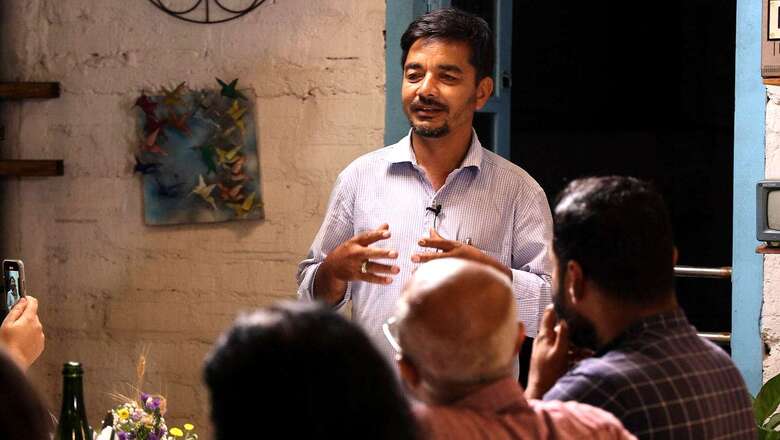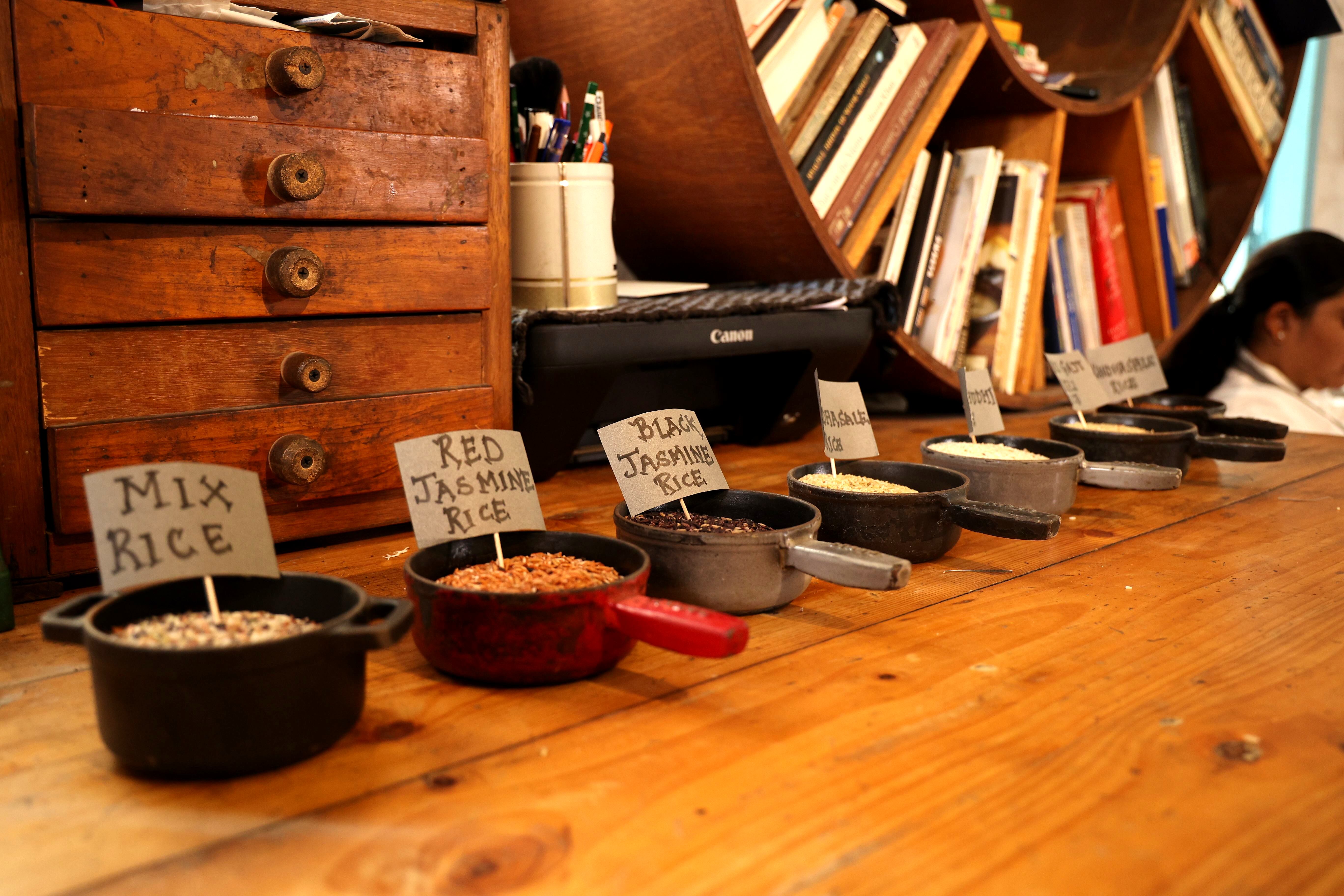
views
Even as the world tries to battle climate change, a rare group of farmers, chefs and activist is encouraging people to fight it from their kitchens.
Ghani Khan, 46, from Mandya is one of the crusaders of this campaign. Khan has preserved more than 1,000 indigenous varieties of rice at his 16-acre farm in Mandya. Khan argues that these native varieties are climate-resilient, farmer-friendly and healthier compared to widely available white rice varieties in the market. Khan rues these indigenous varieties, which were once part of our ancestors’ diet, are not available commercially. His farm gives out seeds for free to any farmer wanting to grow the native varieties.
“We have 1,350 varieties of paddy, including red rice, green rice, brown rice and scented rice. We have paddy varieties, some are grown in deep water, while others can be grown during the monsoon, and some are grown in fields. We have rice with rice with medicinal properties as well. All these are region specific and grown according to the local climate,” says Ghani Khan. His farm also grows native varieties of mangoes and ragi.
Just like Ghani Khan, Rajesh Krishnan from Wayanad is promoting growing and consumption of native varieties of rice. Krishnan argues that these varieties, which are not polished, have a higher content of iron and mineral in them and is helpful for even diabetics. Krishnan’s organisation Thirunelly Agri Producer Company (TAPCO) started in 2017 with 10 farmers now works with 85 farmers over a collective paddy landholding of about 193 acres. The company is also trying to send these indigenous rice consignment to customers in various towns. They also try to compensate the farmers by paying above the government set Minimum Support Price (MSP) to improve the quality of life and encourage them to grow these varieties.
“I have read somewhere that the future of the world is on the food shelf, what we buy, eat and give people decides what the world would be like. So if you consume sustainably and buy from sustainable farms, then you are contributing to a sustainable world,” said Krishnan.
These farmers are trying to popularize some of the native varieties of rice like Kandhasale, Kari Gai Veli, Rainachudhi, Gandhasale, black jasmine and red jasmine rice.

A bunch of Chefs from Bengaluru joined these farmers to showcase the diverse dishes that can be prepared using the rice. Chef Sushil, Chef Sarbjeet and Chef Faseeulah prepared a five course meal exhibiting the limitless potential of the diverse food landscape at a Chef’s table organised by Greenpeace India.
“We have been eating just one or two varieties of rice but, once we saw these varieties with many of them having medicinal properties, we were excited. Once we broke it down and made a few dishes, we made khichidi and besan kadhi and the combination of all of these was good. We should start eating more such food,” says Chef Sarbjeet.
Activist argue that consuming local varieties of rice will not just help farmers but also cut down on carbon emission in the supply chain and for that to happen awareness needs to be created. “The question that people ask often is — I want to eat organic and indigenous varieties of food, but I don’t know where to source it from. What we are trying to do in Bengaluru and other cities is to create consumer collectives that will engage with farmers and make it easier for them to work with farmers,” said Benson Issac, the Program Director at Greenpeace India
While various state governments are promoting millets, these farmers are hoping that establishment will also recognise the indigenous varieties of rice and promote them through the public distribution system.
Read all the Latest News , Breaking News , watch Top Videos and Live TV here.




















Comments
0 comment